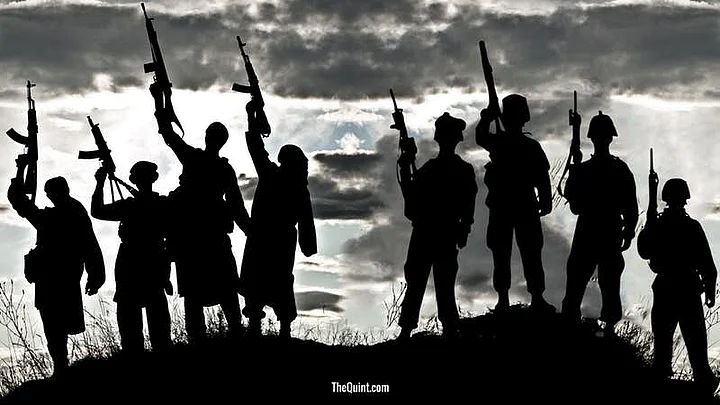Jammu and Kashmir state PWD Minister on Monday, 19 February, alleged that the increasing militancy in the state is due to support not just from Pakistan, but also China.
Naeem Akhtar said that Jaish-e-Mohammed, which is responsible for most of the militant attacks in the state, has been ‘adopted’ by Beijing, which is a cause of alarm for India.
Speaking to The Indian Express, Akhtar, also the official spokesperson of the state government, urged the central government to engage in dialogue with Pakistan, before it is completely 'sucked up by China'.
Pointing to how China had repeatedly blocked India's move to designate Masood Azhar, who currently leads the JeM, as a global terrorist at the UN, Akhtar said that Azhar had been shielded by China.
How can one not see that he (Masood Azhar) has been adopted by China? There are reports of some action taken against Hafiz Saeed. What about Masood Azhar? Even a lesser figure like Salahudin has been listed as a global terrorist in UN but the great wall of China has been erected around Azhar. China has been regularly vetoing attempts to designate him (Azhar) as a terrorist in United Nations. Such things don’t happen without reason. Why only him? Why not others? Why didn’t China block such moves in UN against other people? The China connection needs to be understood.As told to The Indian Express
Raising a red flag over growing militancy in the state, in particular among youngsters who resort to stone-pelting, Akhtar said that it would only be matter of time before they took to guns, possibly sponsored by China.
Unlike 1990s, the flow of guns (inside Kashmir) hasn’t been happening. It hasn’t started as yet. So let’s use this time to initiate talks.
Meanwhile, an investigation by the Financial Times has revealed that China has covertly been indulging in talks with Pakistani separatists in the Balochistan region over the China-Pakistan Economic corridor, or the 'New Silk Route', for over five years.
The report notes that Beijing, which has largely maintained a non-interference policy in the domestic affairs of other countries, has voluntarily negotiated with the Baloch rebels, in a bid to protect its $60 billion investment in the CPEC.
Speaking to Financial Times, a Pakistani official said:
The Chinese have quietly made a lot of progress. Even though separatists occasionally try to carry out the odd attack, they are not making a forceful push.
Meanwhile, FT states that the Pakistani administration has welcomed China's intervention with the separatists. Although the details of the talks between China and the Baloch rebels is largely unknown to them, Pakistani officials told the publication that they are of the view that “as long as there is peace in Balochistan, both sides will benefit.”
(At The Quint, we question everything. Play an active role in shaping our journalism by becoming a member today.)
